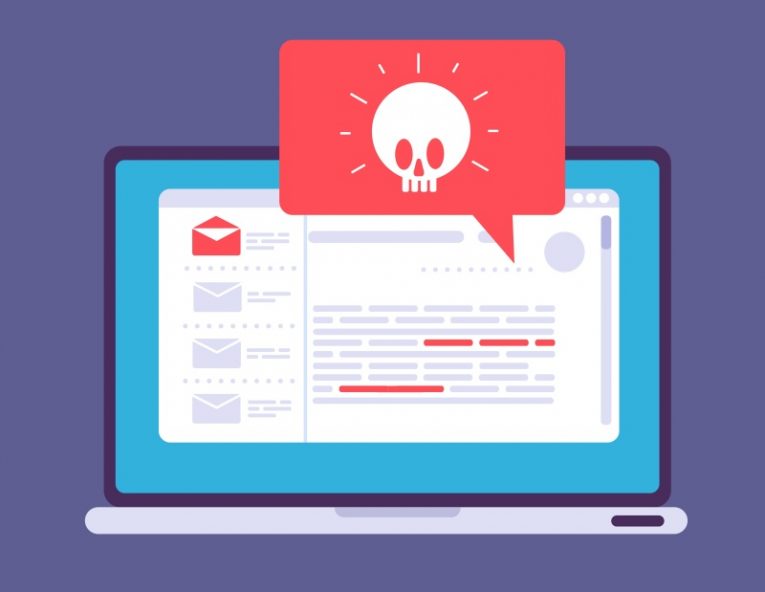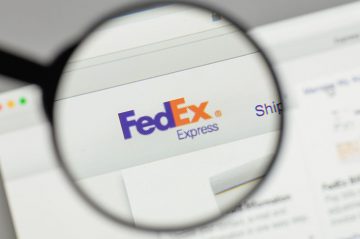Unclaimed Prize Email Scam: How to Avoid The Trap

Table of Contents
What Is the Unclaimed Prize Email Scam?
The unclaimed prize email scam is a deceptive tactic employed by fraudsters to trick individuals into giving away their personal information or paying fake fees. These emails claim that the recipient has won a large sum of money and must take immediate action to claim it. However, there is no real prize—just an attempt to exploit unsuspecting victims.
How the Scam Works
Scammers send emails that look like they come from legitimate organizations, such as lottery commissions or financial institutions. These emails often include official-looking logos, formal language, and convincing details. A common strategy is to claim that the recipient has won a significant amount of money, often in the millions, and must claim it before a deadline.
The email typically instructs the recipient to contact an official-sounding name, such as "Barrister Diego Antonio," via phone or email. To proceed with the claim, recipients are asked to provide personal details like their full name, address, country, phone number, and email. This personal data can later be used for fraud or identity theft.
Here's what the fraudulent message says:
Subject: Final notification of payment of unclaimed prize
Final notification of payment of unclaimed prize
This is to inform you that the office which is in charge of unclaimed prize in United Kingdom has appointed our law firm to act as a legal advisor in processing and payment of a winning fund which is insured in your name.
The total amount is currently £2,506,315.00 the original winning amount was £1,906,315.00
According to British law, the owner must always be reminded after every two years about his existing prize.
We would like to point out that the lottery company will check and confirm your identity before payment.
Please contact Barrister Diego Antonio on Tel: +447452295808.
E-mail:diego.antonio@scccapitalinvestments.co.uk
Please don't forget that this claim should be done before the 15/04/2025.NAME: -
ADDRESS: -
LOCATION: -
COUNTRY: -
TELEPHONE -
EMAIL -Best regards
Charlotte Brown.
The Use of Urgency and Legal References
As you can see above, to make the scam seem more believable, fraudsters may reference laws or regulations. In some cases, they claim that the recipient is legally required to receive a reminder about unclaimed winnings every two years. This tactic creates a sense of urgency, pushing recipients to act quickly without questioning the legitimacy of the message.
Additionally, these scams often stress the need for identity verification, and requesting personal information seems reasonable. The goal is to make the recipient feel that they are following a legal process rather than being deceived.
Financial Requests and Hidden Costs
Beyond collecting personal information, scammers may also attempt to extract money by asking for payment to process the winnings. They may request fees for "administration," "transaction processing," or "legal verification." The amounts can vary, but the scammers may continue to demand additional payments under different pretexts if the recipient complies.
Legitimate lotteries and sweepstakes never require winners to pay fees to claim their prizes. Any request for an upfront payment is a clear indication of fraud.
Risks Associated with This Scam
Falling for the unclaimed prize scam can have serious consequences, including:
- Identity Theft: The information provided can be used to commit fraud, open bank accounts, or conduct other criminal activities in the victim's name.
- Financial Loss: Victims who pay the requested fees never receive any prize money and may lose significant sums over time.
- Increased Targeting by Scammers: Those who respond may be targeted again, as scammers share lists of potential victims.
How to Identify and Avoid Scam Emails
To protect yourself from fraudulent prize notifications, consider the following:
- Be skeptical of unexpected winnings: If you never entered a lottery or contest, you cannot win.
- Check for generic greetings: Scammers often use vague salutations like "Dear Winner" instead of addressing you by name.
- Look for spelling and grammar mistakes: Scam emails tend to contain errors that legitimate organizations would not overlook.
- Verify the sender: Official organizations do not use free email services like Gmail or Yahoo to reach their winners.
- Never share personal or financial information: If an email asks for sensitive details, it is likely a scam.
- Do not click links or download attachments: Some fraudulent emails contain links or files that could lead to malware infections.
The Connection Between Scams and Cyber Threats
While most unclaimed prize scams aim to steal information or money, some can also introduce cybersecurity threats. Fraudulent emails may include malicious attachments or links that, when clicked, install harmful software on the user's device. These can include:
- Spyware: Tracks online activity and collects sensitive data.
- Ransomware: Locks files and demands payment to restore access.
- Trojan Horses: Creates vulnerabilities that allow cybercriminals to gain control over a system.
To reduce these risks, it is essential to keep security software updated, avoid downloading attachments from unknown sources, and verify suspicious emails before responding to them.
What to Do If You Receive a Suspicious Email
If you receive an email claiming you have an unclaimed prize, follow these steps:
- Do not respond: Engaging with scammers may result in further attempts to deceive you.
- Mark the email as spam: Reporting the email helps email providers block similar messages.
- Do not click on links or open attachments: Even if they seem harmless, they could contain harmful software.
- Verify claims independently: If the email claims to be from a known organization, visit their official website to confirm.
- Inform others: Alert family and friends so they can recognize and avoid similar scams.
Final Thoughts
The unclaimed prize email scam is a common tactic employed by fraudsters to deceive individuals into revealing personal information or making unnecessary payments. If you stay informed and recognize warning signs, and taking preventive measures, you can safeguard yourself and others from these scams. Always question unsolicited prize notifications, and remember—if something seems too good to be true, it probably is.







